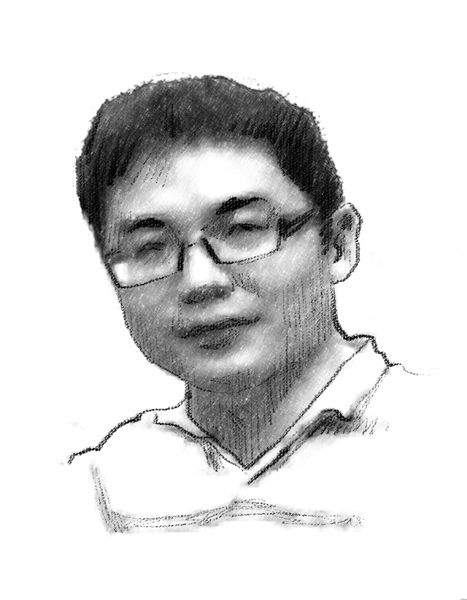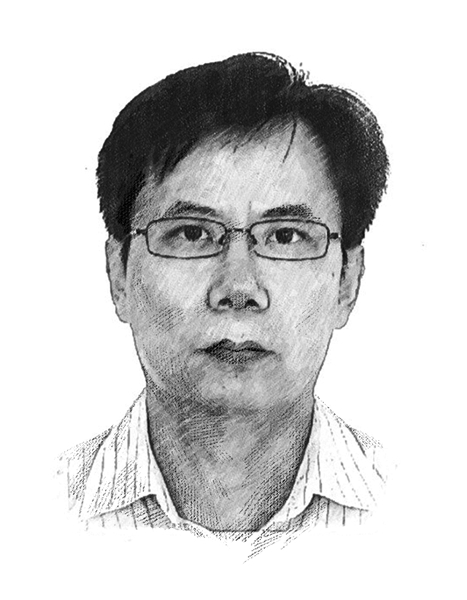Predictions for China's economy in the new year through 14 questions
(China Daily) Updated: 2015-12-31 07:53 |
|
Zhuang Deshui |
13. Will new measures be taken in China's anti-graft campaign?
Zhuang Deshui, deputy director of the Clean Governance Research Center at Peking University
Yes. The measures taken in 2015, such as the Communist Party of China implementing the "strictest discipline" for its members, have made it obvious that the top leadership is trying to institutionalize a system against corruption. In the coming year, more attention will be paid to the implementation of that discipline and other corruption-preventing mechanisms, so that the law and Party rules truly play their role in curbing corruption.
Besides, over 100 "tigers", or senior corrupt officials, have been caught from 2012 to 2015, which shows the firm determination of the top leadership to root out corruption, as well as how rampant corruption had become over the past years. As a result of the anti-corruption campaign, corrupt officials have been generally deterred from holding out greedy hands any more. In 2016, the key job will be to prevent officials from becoming corrupt instead of punishing them afterwards.
To sum up, in the past three years, the top leadership has been mainly trying to curb corruption; in the coming year the emphasis will be shifted to preventing officials from becoming corrupt.
 |
|
Zhang Guanhua |
14. If the Democratic Progressive Party wins the election in Taiwan in 2016, will that affect the cross-Straits relationship?
Zhang Guanhua, director of the Institute of Taiwan Studies at the Chinese Academy of Social Sciences
Yes. The DPP does not recognize the 1992 Consensus that stresses the one-China principle; moreover, it follows a philosophy of seeking "Taiwan independence". If it wins the election, the political cross-Straits understanding will be damaged.
The cooperative arrangements between the Chinese mainland and Taiwan, such as the economic cooperative committee, will also be hurt, because they are all based on the 1992 Consensus as the political foundation. The end of political cross-Straits cooperation would be bad news for both the Chinese mainland and Taiwan, as they face the common pressure of slowing economies.
Many argue that the island's economic slowdown might pressure the DPP to change its approach, but the words and deeds of the DPP leaders, especially its chairwoman, Tsai Ing-wen, show they are not so rational as people expect them to be. They say the status quo should be maintained, but then constantly challenge the one-China principle. The DPP is in general a destroyer of the cross-Straits relationship and there is no reason to expect it will change its practice should it win the election.
- Top 10 policy changes in China in 2015
- Yearender: Ten most talked-about newsmakers in 2015
- Yearender 2015: Chinese athletes of year
- Yearender: 2015 auctions overview
- Yearender: China and US in 2015 - moving forward together
- Yearender 2015: Key words from stories that created buzz in China
- Yearender 2015: Stories that made headlines
- Yearender: 2015 auctions overview
- Yearender 2015: Natural disasters
- Chinese shares close lower on final day of 2015
- Reforms key for internationalization of RMB
- China's 'supply-side structural reform' to solidify bedrock for sustainable development
- China will surpass US to become top consumer of Chilean wine
- 'Taobao village' on the move to deliver perfect holiday
- China's 'supply-side structural reform' to boost new economy
- How to win the tough battle of the structural reform
- Call for potent market supervision after tumultuous year

















